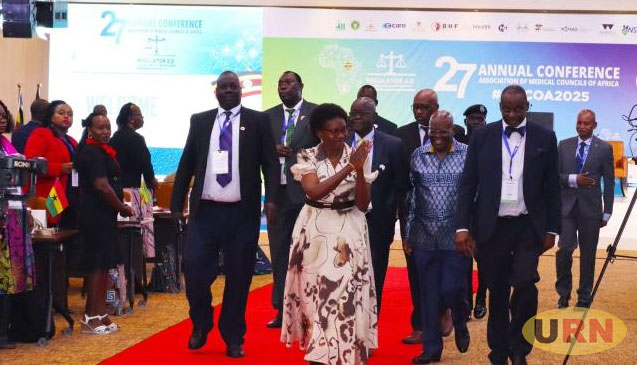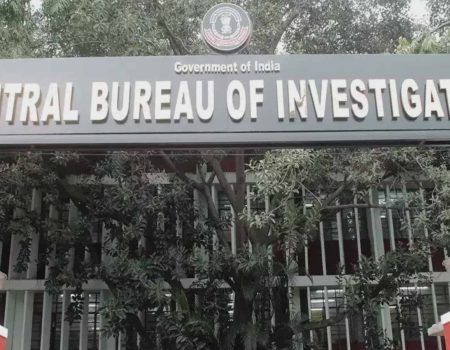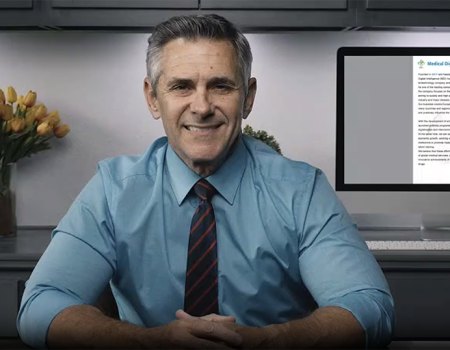
Kampala, Uganda | THE INDEPENDENT | Doctors attending the 27th Annual Conference of Medical Councils of Africa have asked regulators to consider the working conditions they face when handling medical negligence cases.
Speaking at the conference, Dr. Henry Luweesi, a general surgeon who recently served a six-month suspension for medical negligence, criticised the Uganda Medical and Dental Practitioners’ Council for being quick to punish practitioners while failing to push the government to establish minimum standards and provide essential facilities.
Luweesi explained that the Council found him guilty after a patient, who was supposed to be admitted to the Intensive Care Unit (ICU) following surgery, died of cardiac arrest in the recovery room. “The patient was supposed to be in the ICU, but the facility was not available. Should we leave patients to die? There is a need for leniency in such circumstances. There was no follow-up from the council even after I was suspended. Getting practitioners off the register is not the ultimate solution,” he said.
He shared his experience after Prof. Francis Omaswa, a renowned health expert, voiced concern over the competence of individuals in health workforce planning. Omaswa argued that many planners lack understanding of the actual working conditions and the evolving healthcare needs. He pointed out that data collected about human resources for health—such as age and annual leave—fails to reflect the productivity or capacity of health workers.
Prof. Omaswa, a heart surgeon and former Director General of Health Services, also raised the alarm over ongoing challenges such as the crisis among medical interns and the unchecked licensing of medical schools. He argued that regulatory bodies must operate independently to ensure the production of competent health professionals.
Responding to these concerns, Prof. Joel Okullo, Chairman of the Uganda Medical and Dental Practitioners’ Council, stated that they are enhancing regulation at the training level. He noted that the Council recently began inspecting medical schools to verify they meet the infrastructure requirements for proper training.
Prof. Okullo warned that with African governments now promoting free movement of health workers, ensuring quality remains vital, or else Ugandan-trained doctors risk being edged out by competition from other countries. He also highlighted the Council’s struggle with quack doctors, who continue to pose a threat to public safety by impersonating licensed professionals.
To counter this, delegates from eighteen African countries agreed to intensify public awareness campaigns, aiming to empower patients to demand quality care from health professionals. Meanwhile, Health Minister Dr. Jane Ruth Aceng urged the conference to prioritise creating a safe working environment for health workers. She also called for attention to mental health support, early identification of burnout, and mechanisms to maintain high training standards. The conference is expected to conclude on Wednesday.
****
URN








No Comment! Be the first one.